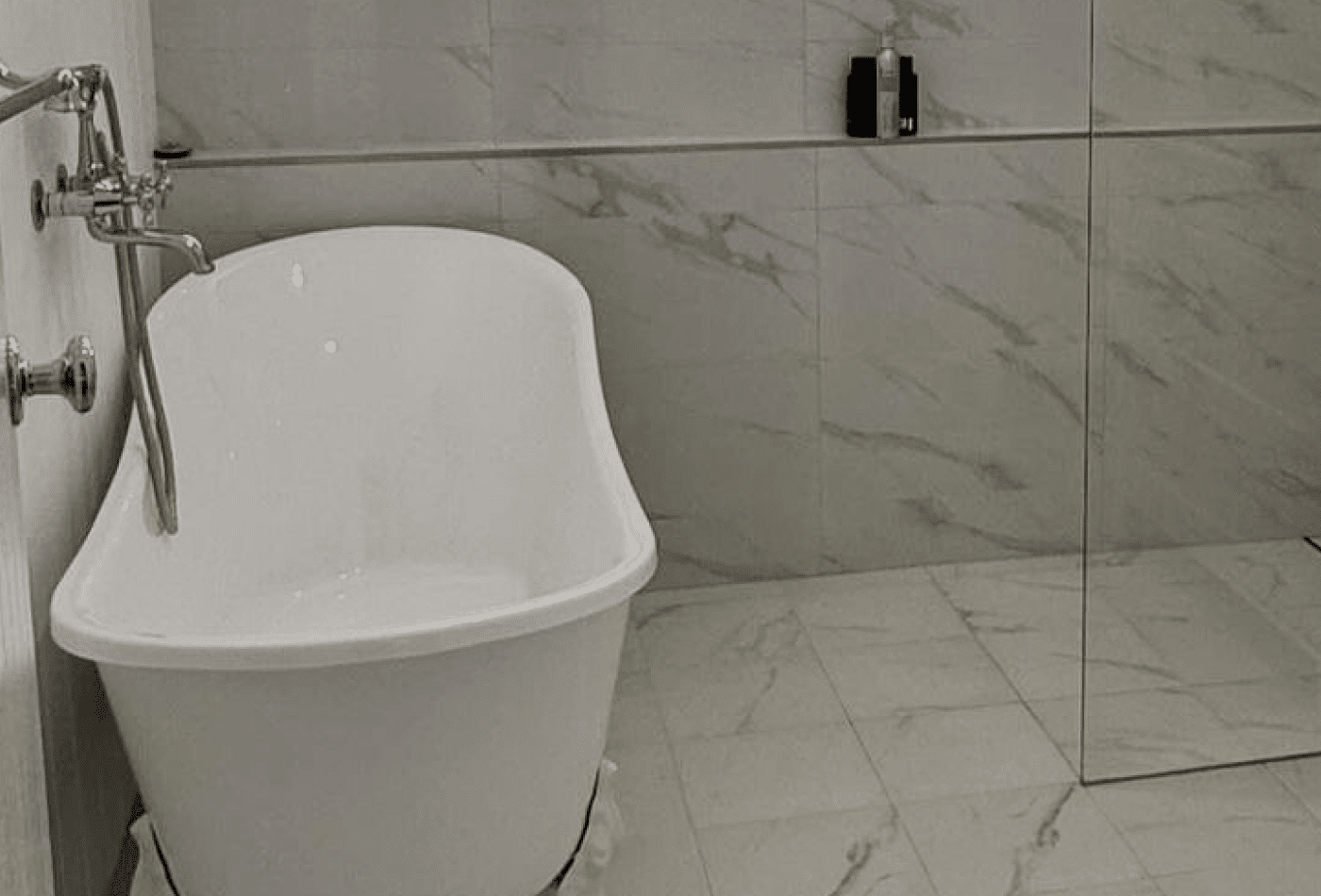Ensuite and Main Bathroom Display Address
HIA , 17 Murray Dwyer Circuit, Mayfield West New South Wales 2304, Australia
Ensuite and Main Bathroom Display Address
HIA , 17 Murray Dwyer Circuit, Mayfield West New South Wales 2304, Australia
Maintaining and cleaning your renovated bathroom tiles is crucial to ensure their beauty and durability. Renovated tiles like ceramic, porcelain or natural stone add style and value to your home.
A regular cleaning schedule and good maintenance tips address common bathroom tiles issues such as stains, water damage, and grout discolouration, leaving your bathroom fresh and inviting while extending the life of your investment.
High-quality tiles are not just a step forward but also an assurance that they will keep beautifying your bathroom for years to come. With guidance from professional bathroom renovators in Newcastle, homeowners in the area will have thorough advice and arrangements for caring for tiles in their bathrooms.
Taking a little time to clean and maintain your bathroom can keep it looking beautiful and help your renovation last longer.














Adding {{itemName}} to cart
Added {{itemName}} to cart